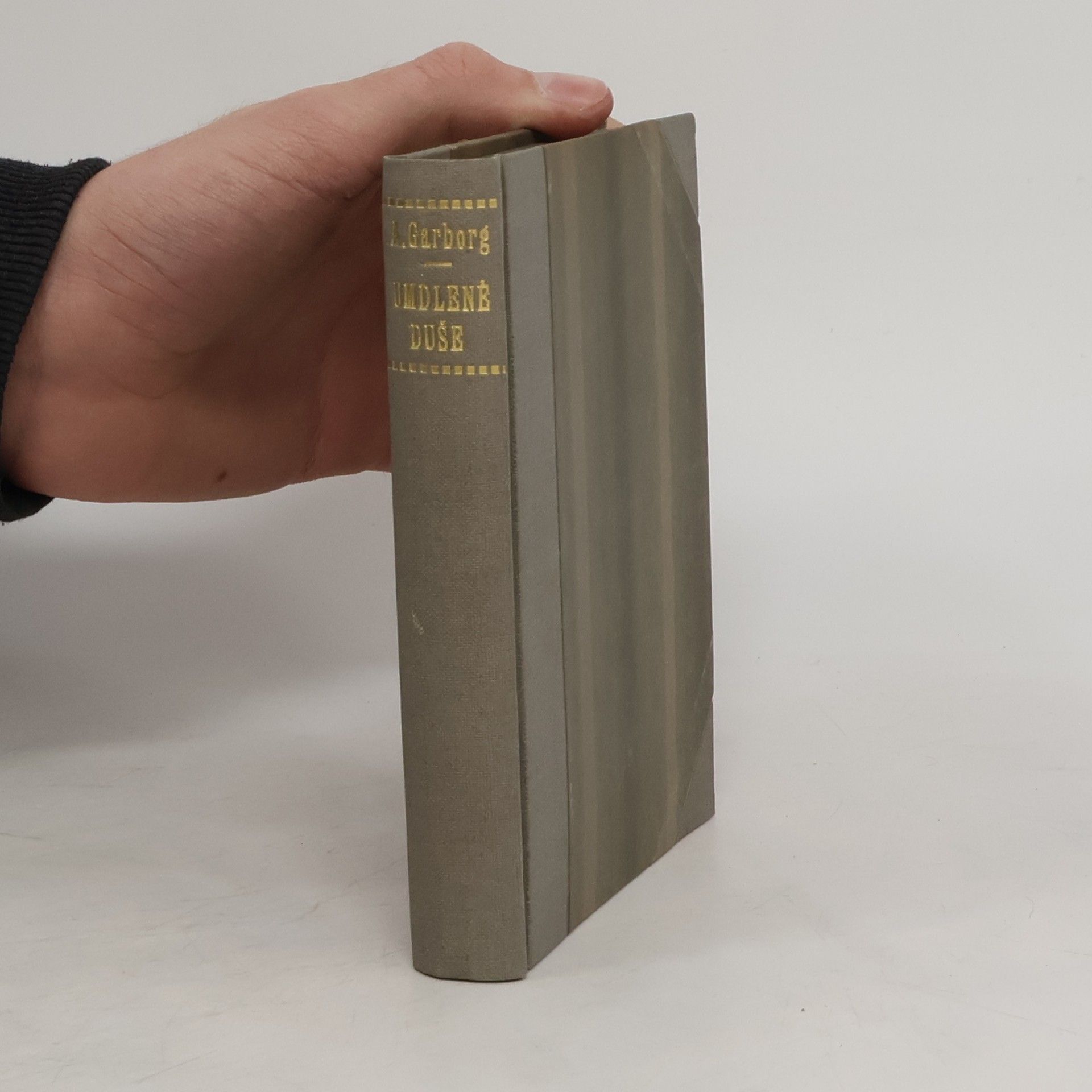Arne Garborg Libros
Arne Garborg fue un escritor noruego que defendió el uso del Landsmål (ahora Nynorsk) como lengua literaria. Sus novelas son profundas y cautivadoras, mientras que sus ensayos son claros y perspicaces. No rehuyó la controversia, abordando cuestiones de actualidad como la relevancia de la religión en tiempos modernos, los conflictos entre la identidad nacional y europea, y la capacidad del pueblo llano para participar en los procesos políticos.
